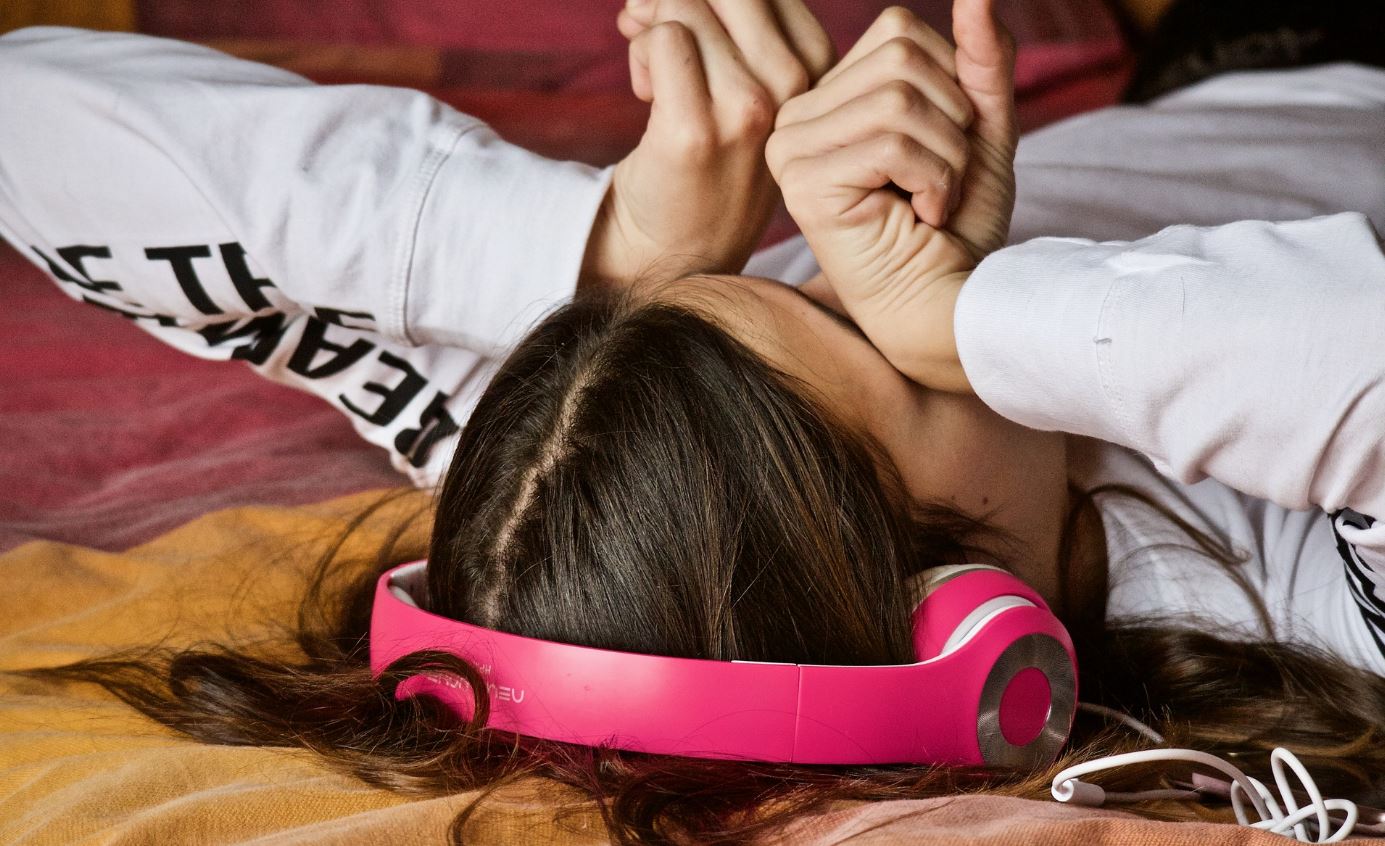
A mere 30 minutes extra sleep a day can make all the difference to a teenager's lifelong mental health and wellbeing.
A new international study of almost 5000 adolescents found those who generally slept 30 minutes less per night reported feeling anxious or depressed compared to other groups.
Flinders University child and adolescent sleep expert Professor Michael Gradisar says the important longitudinal study with colleagues from two UK universities confirmed the importance of aiming for the recommended 8-10 hours of sleep a night.
"This longitudinal study confirms what we see clinically - that poor sleep during adolescence can be a 'fork in the road', where a teen's mental health can deteriorate if not treated," says Professor Gradisar, director of the Child and Adolescent Sleep Clinic at Flinders University.
Teenagers who experience very poor sleep may be more likely to experience poor mental health in later life, the study's results say in the latest Journal of Child Psychology and Psychiatry.
Researchers analysed self-reported sleep quality and quantity from 4790 teenagers and found that there was a significant relationship between poor sleep and mental health issues.
The team, from Flinders and the Universities of Reading and London (Goldsmiths), found those who experienced depression reported both poor quality and quantity of sleep, while those with anxiety had poor quality of sleep only, compared to those teenagers who took part who didn't report anxiety or depression.
Dr Faith Orchard, Clinical Psychology lecturer at the University of Reading, says this latest research is another piece of evidence to show that there is a significant link between sleep and mental health for teenagers.
"This study highlights that those young people who have experienced depression and anxiety had overwhelmingly experienced poor sleep during their teens," she says.
"What's noticeable is that the difference in average amount of sleep between those who experienced depression, which amounts to going to sleep 30 minutes later each night compared to other participants.
"Within the data, there were some participants who reported hugely worse quality and quantity of sleep, and the overall picture highlights that we need to take sleep much more into account when considering support for teenager wellbeing."
Teens were asked to self-report on sleep quality and quantity over a series of issues, and the researchers found that the control group of teenagers were on average getting around eight hours of sleep a night on school nights and a little over nine and half hours sleep on weekends.
Meanwhile, the group who had a depressive diagnosis were getting less than seven and a half hours sleep on week nights and just over nine hours sleep at weekends.
Another co-author, Professor Alice Gregory from Goldsmiths Department of Psychology, says the National Sleep Foundation recommends that adolescents aged between 14-17 years typically need around 8-10 hours of sleep each night.
"What is notable here is that the group with a diagnosis of depression most clearly fell outside of these recommendations during the week - getting on average 7.25 hours of sleep on each school night," Professor Gregory says.
"We know that during adolescence there is a natural shift in our natural sleep timing, referred to as our 'chronotype'.
"Adolescents might naturally sleep later, however, early school start times mean that they have to get up earlier than they might like.
"Our data revealed that wake-up time was approaching 3 hours later during the weekend than the week days for adolescents regardless of whether they had been diagnosed with anxiety, depression or neither. This is quite concerning as such a shift in sleep timing can result in 'social jetlag'."
The depression group were therefore reporting an average total of 3325 minutes of sleep a week compared to the control group who reported 3597, meaning that the depression group were on average getting 272 minutes or three and a half hours less sleep a week.
While the team noted that although the data was based on self-reporting of sleep and therefore less accurate, the fact of self-reported worse quality and quantity of sleep was still significant.
The article, Self‐reported sleep patterns and quality amongst adolescents: cross‐sectional and prospective associations with anxiety and depression (2020) by F Orchard, AM Gregory, M Gradisar and S Reynolds DOI: 10.1111/jcpp.13288






